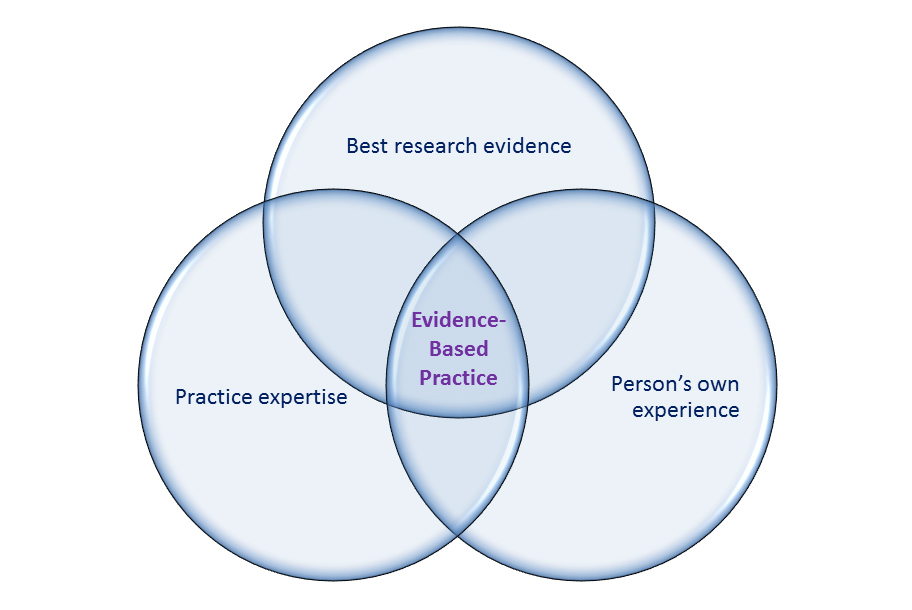For the last couple of years, there has been a growing need for more efficient as well as effective good clinical practices. The most solid expectation of current pharmaceutical and medical processes is based on high-quality, result-delivering and result-centered governance. Simply put, organizations and companies that want to produce the best possible outcomes in larger medical landscape are expected to look for new opportunities that will be able to improve the knowledge base and will also enhance patient care. Giving the nature of health-care in the previously mentioned fields, the role of expertise, accurate context and professional judgment should be studied directly. Thus, the discussion of delivering proper services has moved towards considering the use of evidence-based practice (EBP).
Researchers and doctors are facing an ever-growing saturation of information with a major part of it being irrelevant, invalid or incomplete to clinical procedures. Evidence-based practices, then, are seen as practical methods to clinical problem-solving. In contemporary terms, EBP represents a whole process which follows several transformation phases. Precisely, these phases include the shift of clinical issues and challenges into questions; locating contemporary research findings; evaluating or appraising these resources and, lastly, using them as the foundation for making rigorous clinical decisions and putting them into practice.
Evidence-based practice is regarded as a modern-day concept, the origin of which dates back in 1996. This is the year when EBP was explained by Sackett et all as:
“The conscientious, explicit and judicious use of the current best evidence in making decisions about the care of individual patients.” (Sackett et al 1996, p. 169)
This type of practices has the initial goal to do the right thing, at the right time for the right person in the right way. In other words, EBP includes the implementation of clinical expertise, evidence and thorough patient considerations before reaching to a conclusion and deciding what actions to be implemented next. Evidence-based processes are also important because they lead to much better patients care, forge ahead the knowledgebase and serve to prove the high levels of treatments’ efficacy.
The use of EBP in the clinical setting has been indicated as extremely successful and results in a number of benefits for this industry. Since such practices address questions regarding the best ways to take care of a patient, one of the advantages of the integration of EBP is the improved patient outcome. Other positive aspects include reduction of cost in health care, offering information to the public so that they can take part in the decision-making processes about their supervision. Because researchers have to constantly evaluate and analyze the flow of information, evidence-based practice reinforces they practice, critical thinking and skills too.
To sum up, evidence-based practices span numerous disciplines. Nevertheless, the EBP not only promotes the most reasonable research evidence to assist in the process of making a clinical decision but its incorporation also helps discover knowledge and information gaps.
Astra Nova Training is currently developing an online training that covers the topic of Evidence-Based Clinical Practice, keep yourself updated by following our websites ‘ Online Training and Free Training sections.
Want to see the article in a PDF? Here: https://crotraining.co.uk/wp-content/uploads/2015/04/Evidence-Based-Practice-Knowledge-is-Power.pdf


